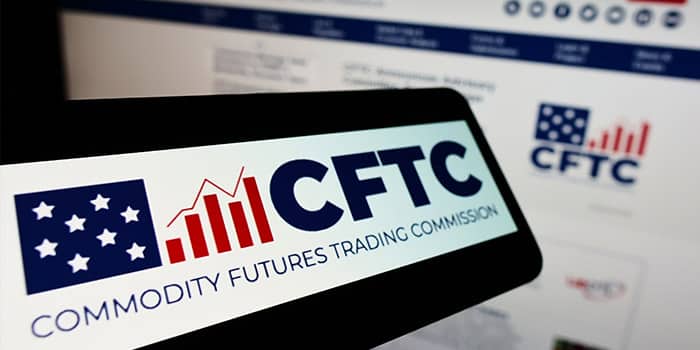- Casino
- By State
- Alabama
- Alaska
- Arizona
- Arkansas
- California
- Colorado
- Connecticut
- Delaware
- Georgia
- Florida
- Hawaii
- Idaho
- Illinois
- Indiana
- Iowa
- Kansas
- Kentucky
- Louisiana
- Maine
- Massachusetts
- Maryland
- Michigan
- Minnesota
- Mississippi
- Missouri
- Montana
- Nebraska
- Nevada
- New Hampshire
- New Jersey
- New Mexico
- New York
- North Carolina
- North Dakota
- Ohio
- Oklahoma
- Oregon
- Pennsylvania
- Rhode Island
- South Carolina
- South Dakota
- Tennessee
- Texas
- Utah
- Vermont
- Virginia
- Washington
- West Virginia
- Wisconsin
- Wyoming
- By State
- Slots
- Poker
- Sports
- Esports
Bill in Iowa Proposes Reduction of Tax Rate for Land-Based Casinos
The proposal, introduced by Rep. Jane Bloomingdale, seeks to ensure brick-and-mortar casinos in the state remain competitive amid the expansion of gambling in Nebraska and Illinois

Iowa is one of the US states that currently offers not only legal sports betting but casino gambling as well. The state currently offers legal retail and online betting on sports, as well as casino gambling via 19 brick-and-mortar casinos. The tax rate applicable for sports betting is set at 6.75% on sports betting revenue, while casinos that generate a minimum of $3 million in gross revenue pay a 22% tax rate on their gross gambling revenues.
Amid the growing competition from casinos in nearby states, lawmakers in Iowa are exploring options for the gradual reduction of the tax rate applicable for land-based casinos. One such effort is led by Rep. Jane Bloomingdale, who filed House Study Bill 719 earlier this month. The proposal, calls for a slight decrease in the rate applicable for casino operators.
Under House Study Bill 719, the 22% tax rate for land-based casinos will decrease by a percentage per fiscal year. This process, under the proposed bill, will continue through the fiscal 2027 year, when the tax rate for retail casinos will be reduced to 19% on gross gaming revenues. The aforementioned proposal comes at a time when the state Governor anticipates tax cuts on the income of Iowa residents.
Ultimately, the slight reduction in the taxes for casinos seeks to make them more competitive amid the growing competition from nearby states. For example, nearby casinos in Illinois and Nebraska may gain an advantage against Iowa and attract visitors considering their lower tax rate.
Casinos Provide Vital Economic Stimulus for Local Communities
Bloomingdale, who was recently quoted by Iowa Capital Dispatch, revealed that casinos across Iowa have helped local communities. This economic stimulus, she said, helped by providing vital resources. “Every fire department has a new fire truck, every church has a new roof, every cemetery has tombstones that have been fixed, on a paved road. So I look at the things that they’ve (casinos) done in our communities that, you know, if they have 1% more income, that money would go directly into our communities,” added Bloomingdale.
Additionally, she spoke about the importance of tax cuts, acknowledging that lawmakers are considering lower taxes for corporations and individuals but not casinos. “It just doesn’t seem fair,” Bloomingdale added, pointing out that if Iowa considers lowering taxes the state should “look at everyone.”
Bloomingdale’s proposal gained traction by securing approval from a House Ways and Means subcommittee on Monday.
Related Topics:
Jerome brings a wealth of journalistic experience within the iGaming sector. His interest in the industry began after graduating from college, where he regularly participated in local poker tournaments. This exposure led him to the growing popularity of online poker and casino rooms. Jerome now channels all the knowledge he's accrued to fuel his passion for journalism, providing our team with the latest scoops online.
Must Read
Casino
April 16, 2025
Lucky Couple Hits $4.2M Megabucks Jackpot at Pechanga
More Articles




Casino
April 18, 2025
Florida HB Seeking to Upgrade Illegal Gambling Punishments

Legal
April 17, 2025
Appeal to Keep Evolution’s Accuser Anonymous Denied

Lottery
April 17, 2025
CTLC Says Its Members Didn’t Violate the Texas Law














